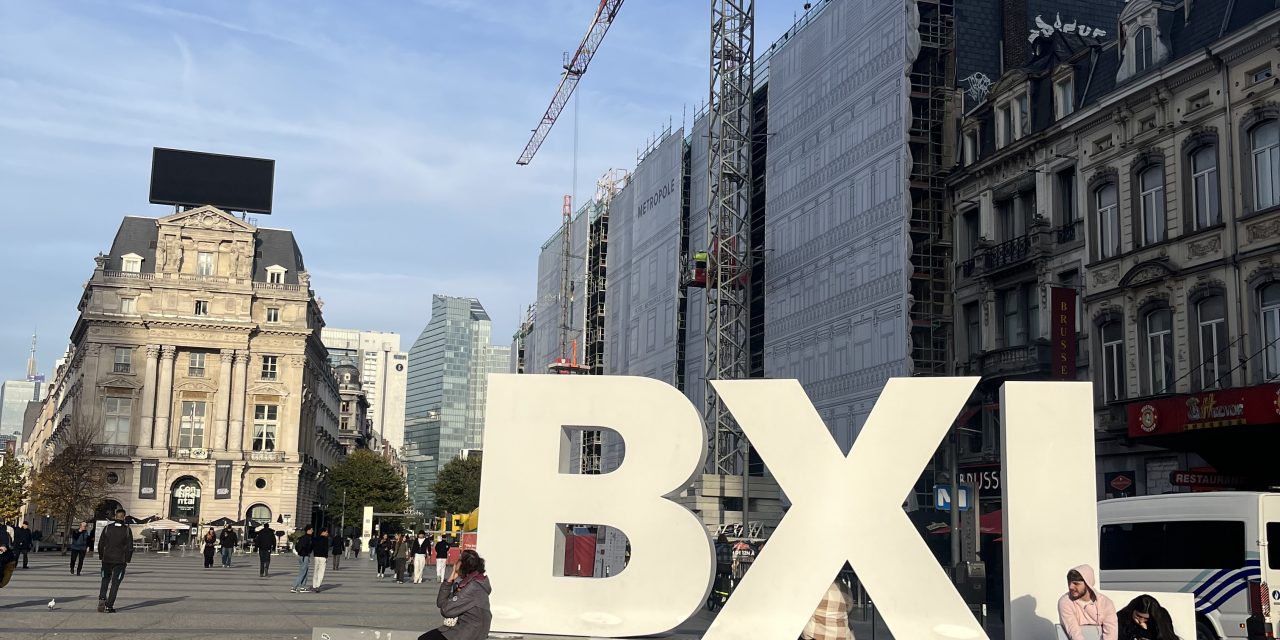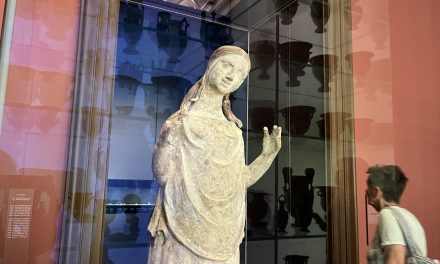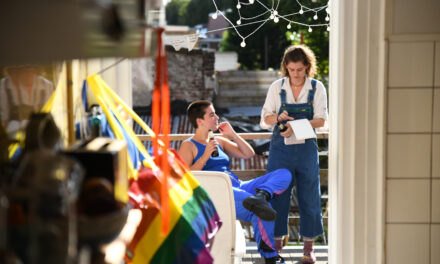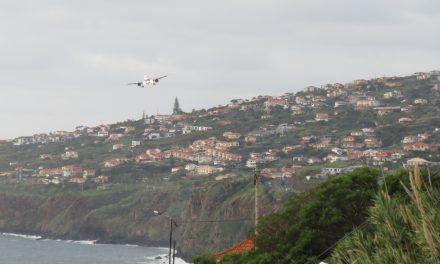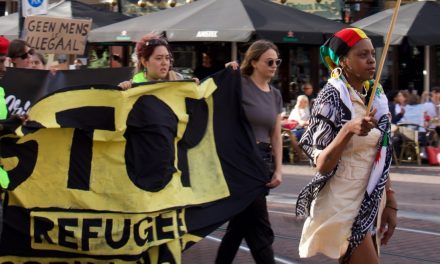It has not been that long since The City of Brussels passed a rule that forbids drinking alcohol on the streets. It is surprising that only five years ago, people could walk the streets of the European capital with a bottle of wine or a can of beer in their hands and nobody would think twice about it while, in many other countries in Europe it has long been prohibited.
THE BAN
Broadly speaking, this rule forbids the citizens—and anyone walking around public spaces in Brussels—to drink on the streets. But we are not discussing tea or coffee, it’s only alcoholic drinks that are forbidden.
However, this general definition is too broad on its own: it is allowed to drink alcoholic drinks on the street if it is at a bar terrace or during a city-organised event. In addition, it is still allowed to buy these kinds of drinks at the regular convenience shops that we can easily be found around the corner.
In the case that anyone was caught by the authorities breaking the rule, the fine could go up to 350€.
THE REASONS
But what led The City of Brussels to make such a decision?
From a tourism perspective, it is not a good strategy for a big city, which attracts thousands of tourists, to show off street drunkenness and be known for that. And this is one of the reasons that The City of Brussels has broken down in the regulation posted on their website. Apparently, in the city areas that are now affected by this rule, there is a problem with groups of people gathering to consume alcohol and drugs. Eventually, these meeting points would end up being, taken over by these groups, keeping the rest of the citizens from enjoying them as well.
However, this issue goes beyond aesthetics or public image; it is also a matter of safety. Because of these activities, the neighbourhoods are now associated with crime and the people that live there are scared.
According, as well, to the regulation posted by the city hall, the people responsible of these doings are also violent: noise, commotion, and brawls with or without bladed weapons are a daily occurrence in these areas.
These events, among others, led The City of Brussels to implement this rule.
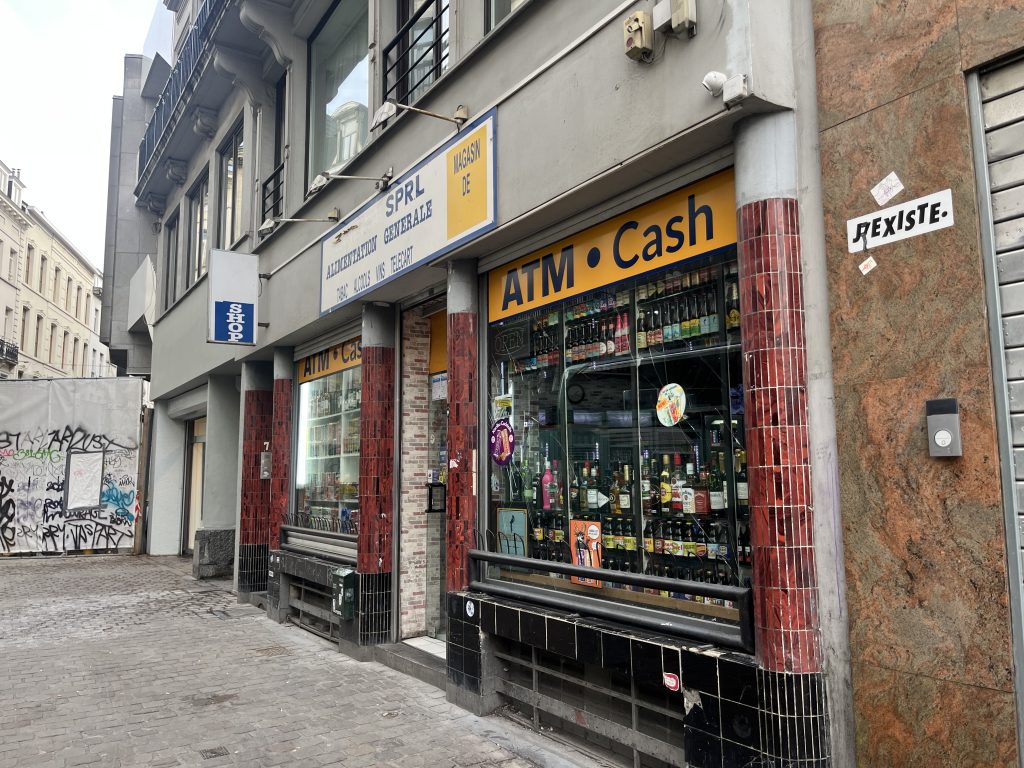
Picture by Martina Rodríguez
THE EXTENSION
In September of this year, this rule was approved to be extended until October 2026. This decision has not been well received among some of the citizens, because they think it is not achieving its original purpose.
When one walks through the streets in Brussels, it is still very common to see people drinking on the streets without hiding their drinks. Furthermore, according to neighbours and shopkeepers such as Safi, a shopkeeper in Brussels for 7 years, it is still highly normalised to see people drinking on the streets and this is not expected to change anytime soon.
